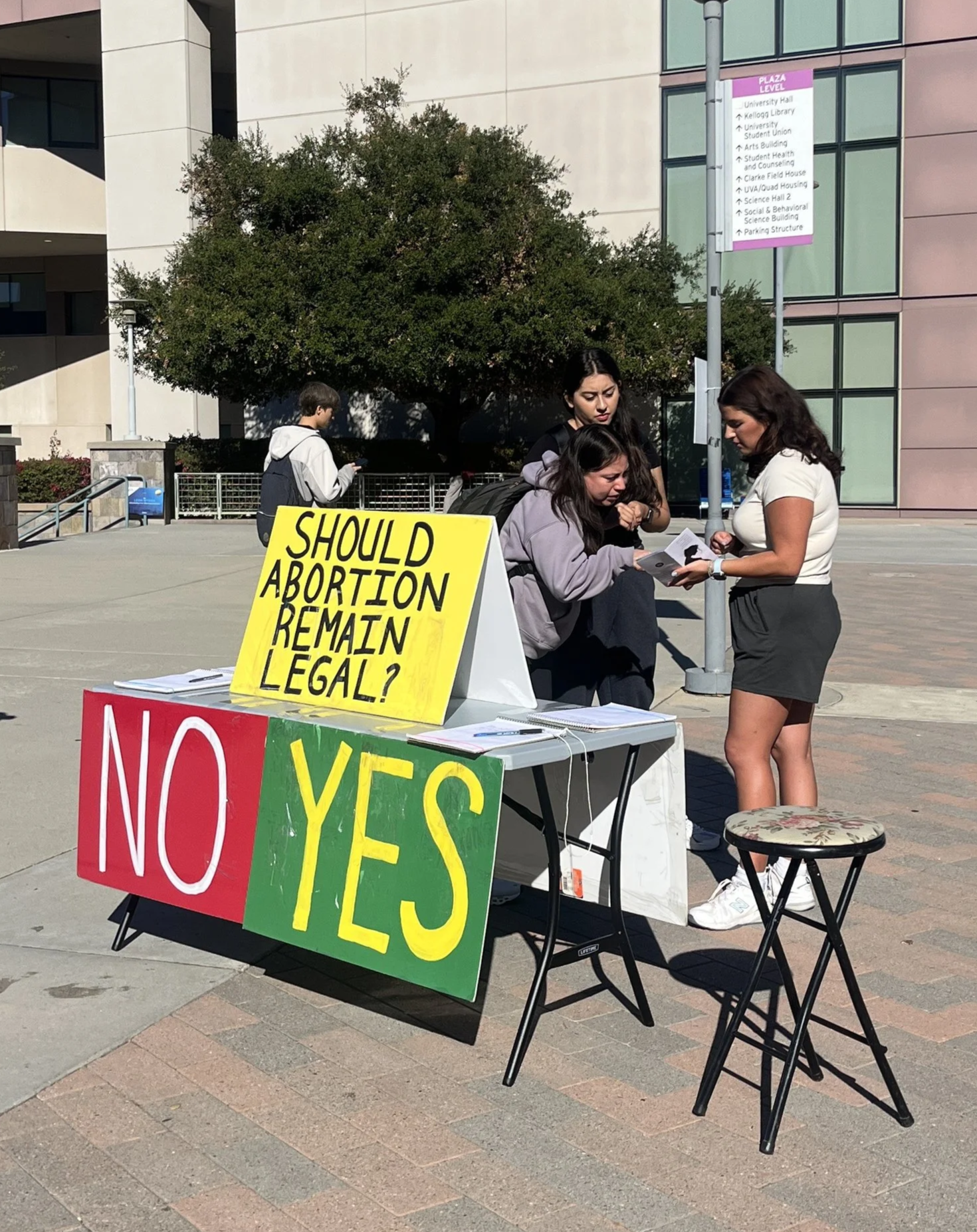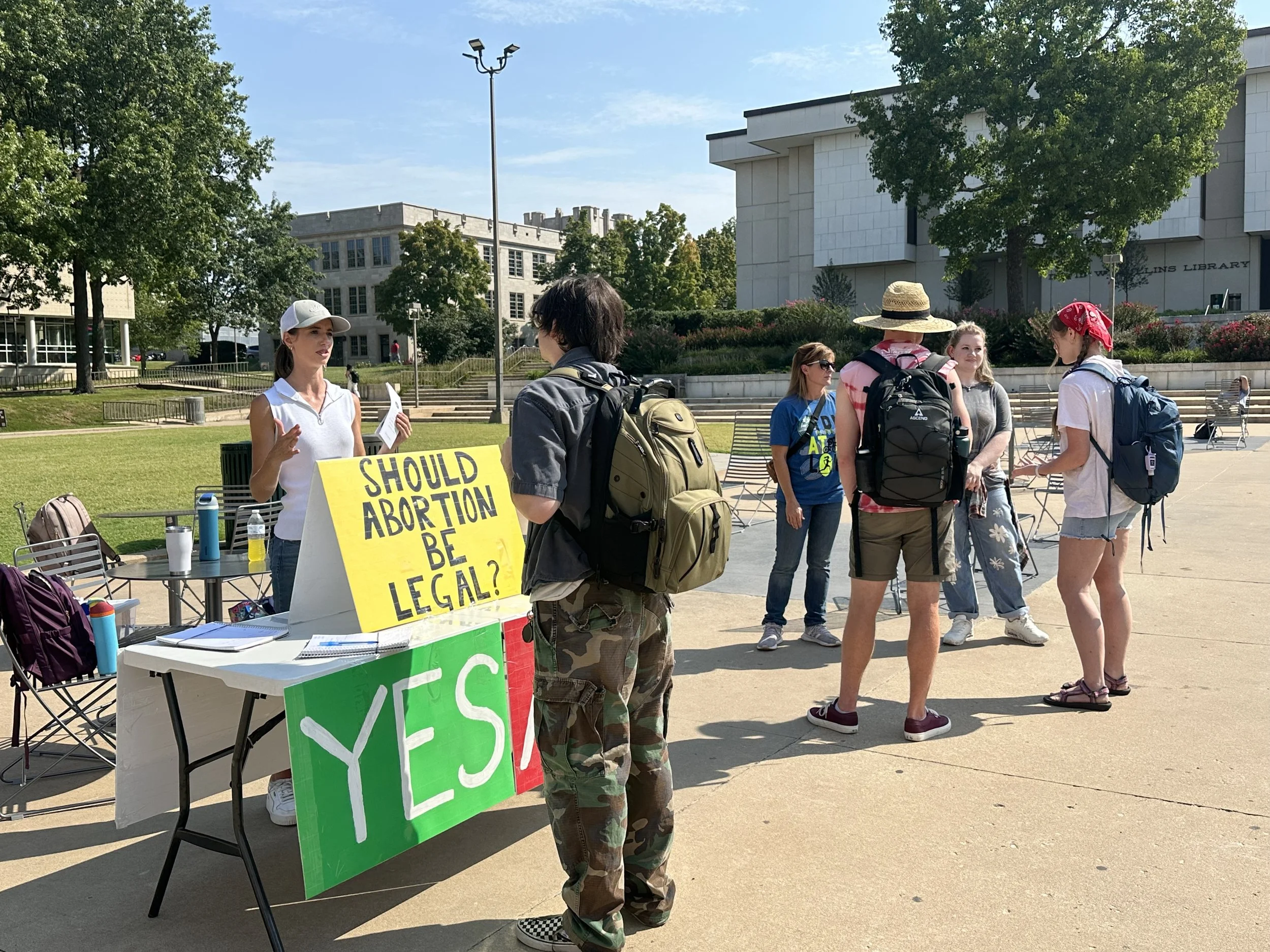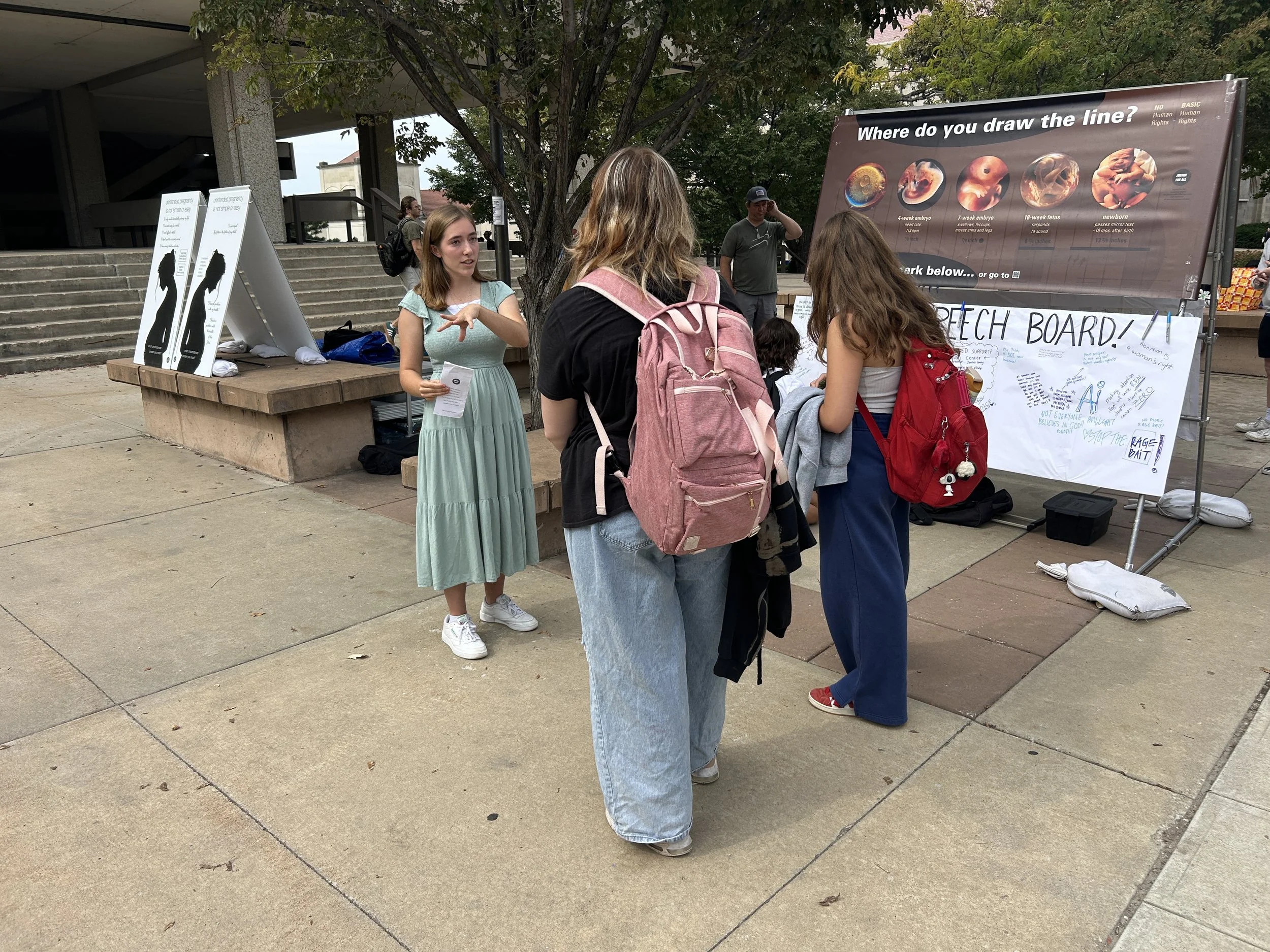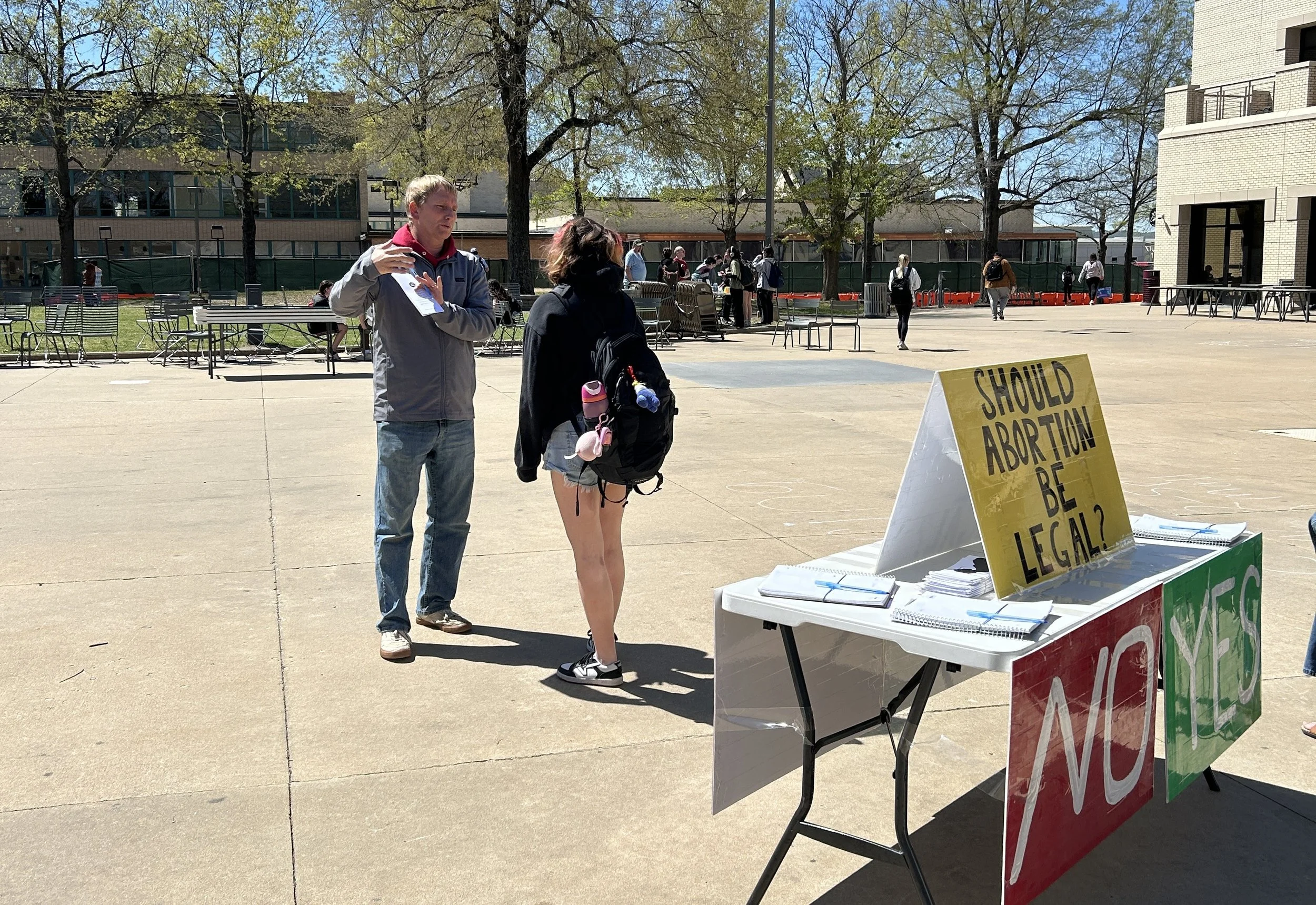T told me then “that was the first time it had ever occurred to me that it was a baby. His sister talked about it in a way that showed she cared.” The sister also urged her that if she had an abortion it would be a big regret. She decided then and there against the abortion and had the courage to tell her mom that she was pregnant. Her mother was upset about the pregnancy and even more about her unwillingness to abort but after some time she came around to the idea and gladly helped prepare for the baby’s arrival. That baby is now 30 years old and a successful, independent young man.
So, following that story I asked about her general views on abortion. She stated she’s firmly pro-life. I went through the science of the unborn, establishing the biological citizenship of the growing baby to the human family. She agreed with the various statements as I laid out those points as well as the points of the baby having equal rights. When asked if there was any situation in which she would believe an abortion is warranted, she stated the rape exception.
Since we have yet to cover that topic, I found common ground in agreeing that it would be a horrible situation for the mother and she deserves care and justice. I also went back to the previous points asking if the baby conceived in rape is any less human or any less deserving of equal human rights. She acquiesced that indeed, it is not any less.
Notice how Elizabeth was able to help T even though T’s specific concern about rape was not to be covered until the next week of the online workshop series. Elizabeth used the skills she had learned already to help T think through the case of rape. (Indeed, because T is Elizabeth’s friend, Elizabeth can also go back to her to discuss some of what we covered in Session Five.)
Elizabeth’s friend T needed help when she became pregnant, and even though some in the family disagreed, T’s boyfriend’s sister spoke up. She offered reasons to think the unborn was a human being, and she offered practical help. This illustrates why we are emphasizing with each of the participants in our online workshops the importance of creating conversations.
Note also, though, how even in her passion for unborn children, T hadn’t yet connected the dots for unborn children produced through rape. Once Elizabeth was willing to do the uncomfortable work of creating a conversation with T, it became clear quickly that they had only a small disagreement, and Elizabeth was able to help T think more clearly. Reading Elizabeth’s account, I’m struck by how the conversation seems so natural, even as the friends discussed their disagreements. Let’s pray for Elizabeth as she continues the conversation with T, and let’s pray that T will have opportunities to speak to others. Perhaps T will even join us for our next “7 Conversations in 7 Hours” series, beginning on July 20! You can, too, and you can invite a friend!
Thank you for partnering with us to train more advocates to create a different kind of conversation, one that ministers to hearts and changes minds.
- Steve Wagner, Executive Director







